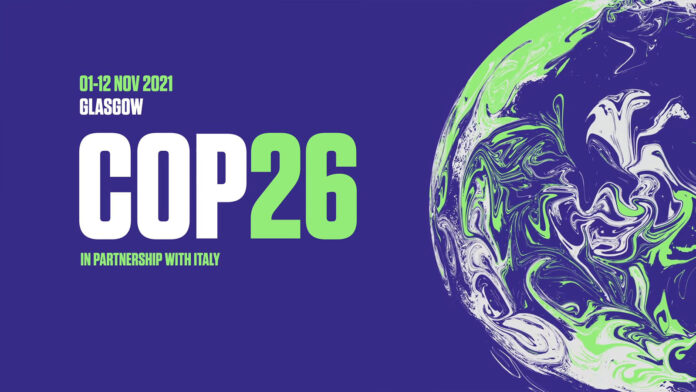The 26th session of the UNFCCC conference of parties is coming on in Glasgow UK. The UK is hosting a summit COP26 that is seen as crucial if climate changes will happen in the world.
The meeting in Glasgow from 31 October to 12 November could lead to major changes to our everyday lives.
The world is warming because of fossil fuel emissions caused by humans.
Extreme weather events linked to climate change – including heat waves, floods, and forest fires – are intensifying. The past decade was the warmest on record, and governments agree urgent collective action is needed.
For this conference, 200 countries are being asked for their plans to cut emissions by 2030.
Most countries will set out their plans to reduce emissions before the summit starts – so, we should get a sense of whether we are on track beforehand.
But during the two weeks, we can expect a flurry of new announcements.
Many are expected to be very technical – including rules still needed to implement the Paris Agreement, for example.
But some other announcements could include:
Making a faster switch to electric cars
Speeding up the phasing out of coal power
Cutting down fewer trees
Protecting more people from the impacts of climate change, such as funding coastal-defence systems.
Up to 25,000 people are expected in Glasgow, including world leaders, negotiators, and journalists.
Tens of thousands of campaigners and businesses will also be there to hold events, network – and hold protests. Extinction Rebellion, for example, are calling for an immediate end to the use of fossil fuels.
At the end of the conference, some form of declaration is expected.
Every country will be required to sign up and it could include specific commitments.
African leaders are also bracing themselves for the coming conference and how to streamline the galamsey menace across the length and breadth of the West African coast. These activities have led to the cutting down of trees, destruction of farms and water bodies in these African nations.
The whole world will be watching with keen eyes to see how these African leaders are going to tackle this problem in other to help save the environment and climate conditions cropping up all over. In 2013, a country like Ghana’s emission was 14,167,117, and 6.97%. This show that Africans are not helping in fighting climate issues.










































